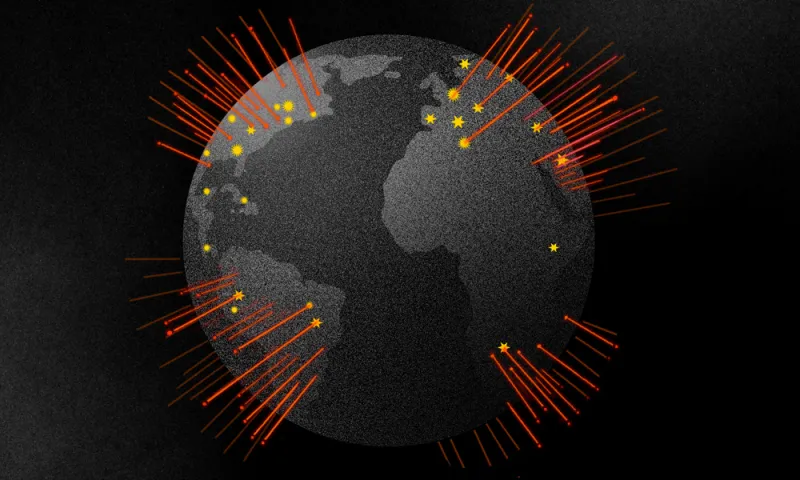Asset managers are buckling under pressures to lower fees. Morningstar found in its latest global survey on mutual funds that fees have fallen in a majority of 26 markets since 2017, its previous study on the topic.
Asset-weighted median expense ratios declined the most in the Netherlands, followed by India and Canada. Morningstar evaluated equity, fixed income, and allocation (or funds-of-funds) products that are locally domiciled or available for sale in particular global markets. Overall, equity funds showed the biggest fee declines in 19 markets.
The Morningstar study examined mutual fund best practices in more than 20 markets from shareholders’ perspective, including fees and expenses, regulation and taxation, disclosure, and sales. Only fee findings have been published so far.
The U.S., Australia, and the Netherlands were rated the “top” markets when it comes to fees, meaning they have the lowest. Morningstar put New Zealand, Sweden, Switzerland, Thailand, and the U.K. in the “above average” category. Italy and Taiwan were at the bottom, indicating the least investor-friendly practices. Morningstar uses asset-weighted median expense ratios of retail share classes as its primary scoring tool.
Fee declines worldwide were the result of a number of factors, including regulatory intervention and asset managers increasingly separating sales and advice fees from other expenses, according to co-author Grant Kennaway, who heads manager research.
Regulators were a big reason behind the fee declines. “The UK Retail Distribution Review, Australian Future of Financial Advice, and subsequent Banking Royal Commission, as well as the Markets in Financial Instruments Directive, have all hastened the lowering of fees for investors in the UK, Australia, and some European markets, particularly the Netherlands,” according to the Morningstar report. “In 2018, the Indian market regulator the Securities and Exchange Board of India also intervened, reducing the expense ratio cap for funds across Indian categories.”
Competition and price wars among asset managers in the largest markets like the U.S., also contributed, as did managers removing advice charges from their shares. Instead, advisors use lower cost shares for their clients and charge asset-based fees on the overall account. Morningstar’s study put the U.S. Australia and the Netherlands in the top category for the third time in a row. “What these markets have in common is ongoing fund fees that are typically unbundled,” according to the report. “Asset-weighted fees in the large U.S. and Australian marketplaces show the effect of economies of scale and competition.”
[II Deep Dive: The Next Big Fee Trend?]
Morningstar also pointed to disintermediation as a small factor in falling fees. Investors in some countries can now buy funds online to avoid sales commissions, which are a big part of expenses. But the Chicago firm said progress in countries such as China is still slow.
According to Morningstar, this was the second time Taiwan has landed in the bottom category for fees. What’s more, Taiwan’s fees for fixed income funds were among the highest found in the study, in part because the region’s funds invest in higher cost categories such as emerging markets debt and high-yield. Expenses also reflected funds with high initial charges and what’s called retrocessions.
The Netherlands, the U.S. and Sweden had the lowest asset-weighted median expense ratios for locally domiciled equity funds. According to Morningstar, that was driven by the popularity of passive funds, which are cheaper than active peers. “The U.S. has more than 20 percent of the asset-weighted total invested in passive open-end vehicles. Meanwhile, the most expensive four markets for equity investment have almost no assets invested in passive open-end vehicles, on average.”
There are huge gaps between countries. In the U.S., the median asset-weighted fee was 0.59 percent for locally domiciled equity funds. In Australia, the fee for equity funds was 1.23 percent, while in Canada, investors would pay 1.98 percent for a similar fund, and Belgian investors would pay 1.73 percent.
Italy had some of the highest fees that Morningstar measured. Investors paid a median asset-weighted fee of 2.03 percent for equity funds.







